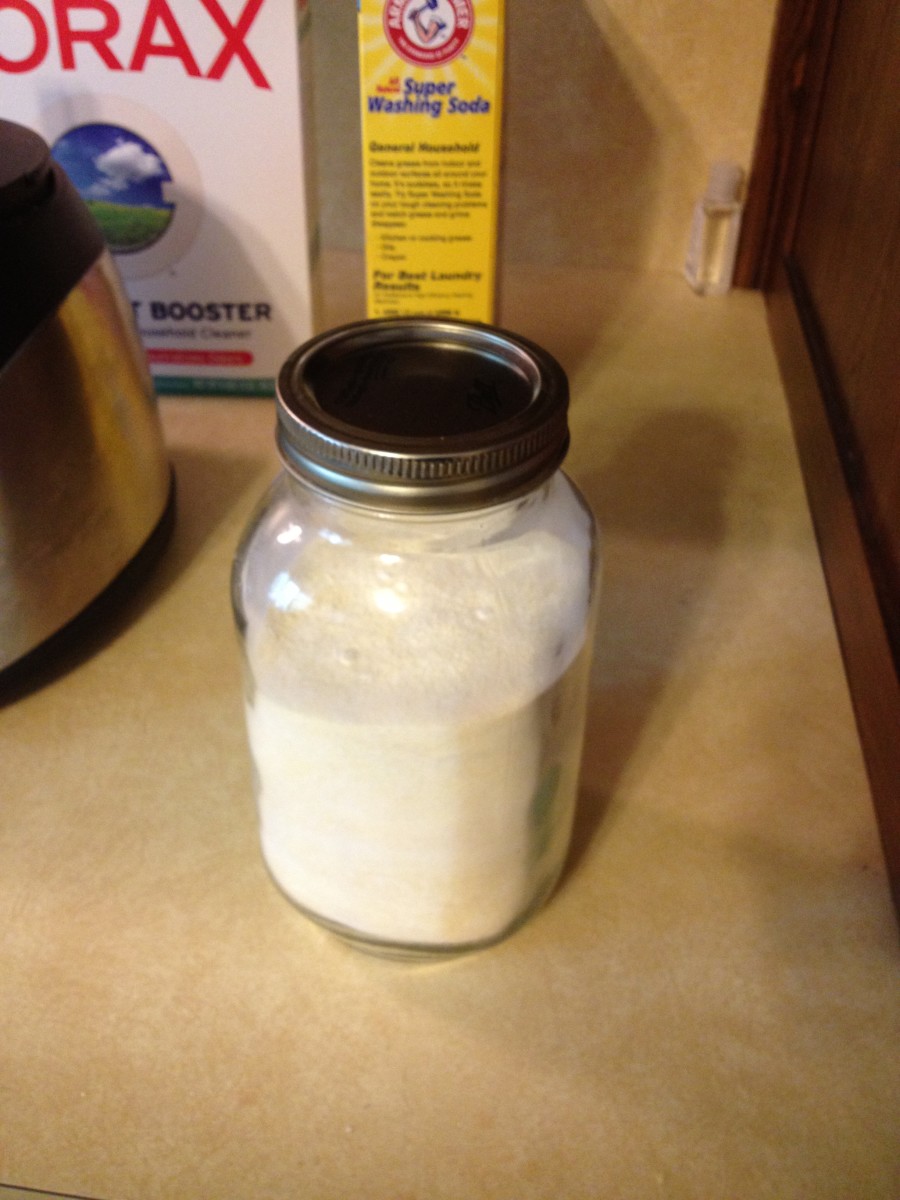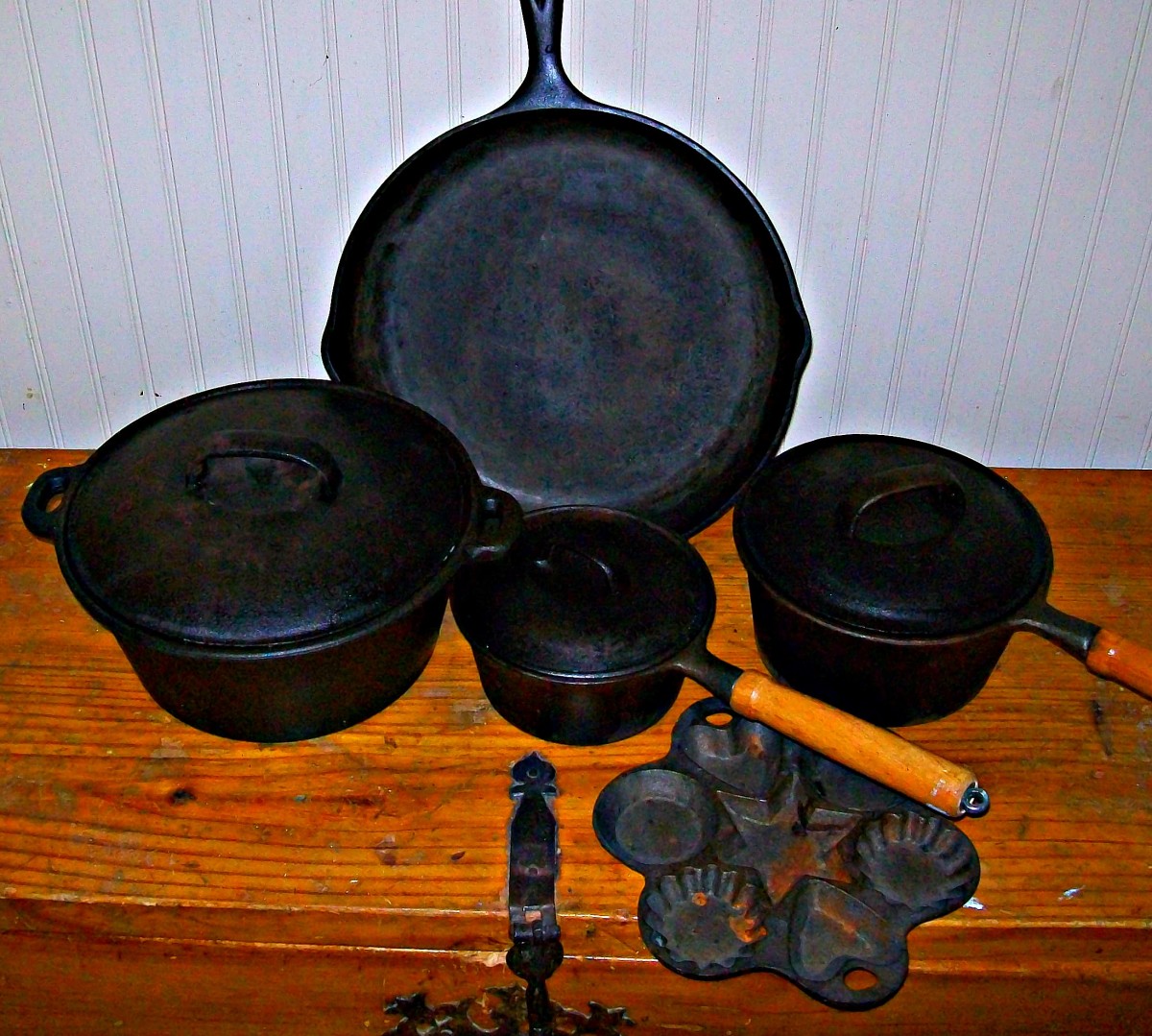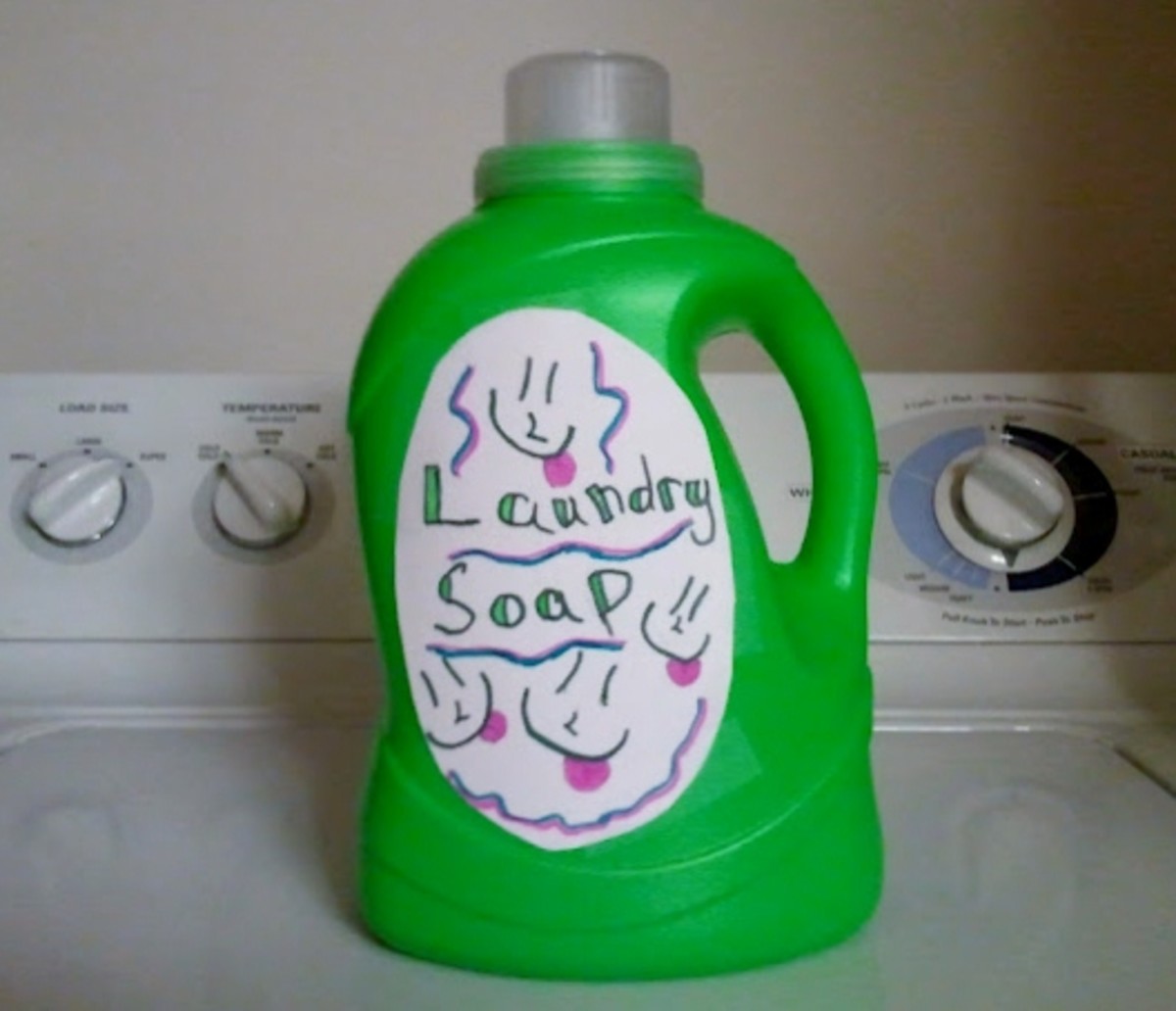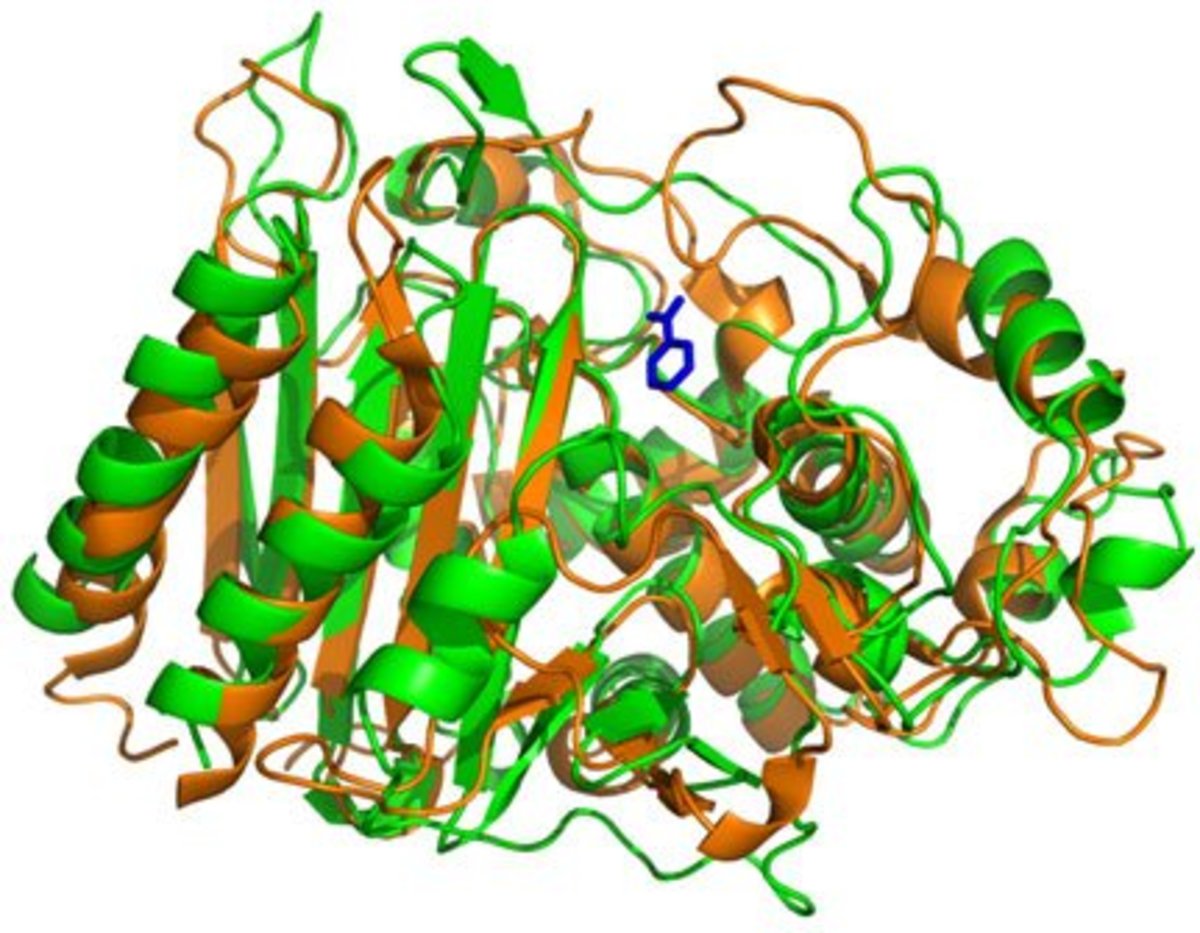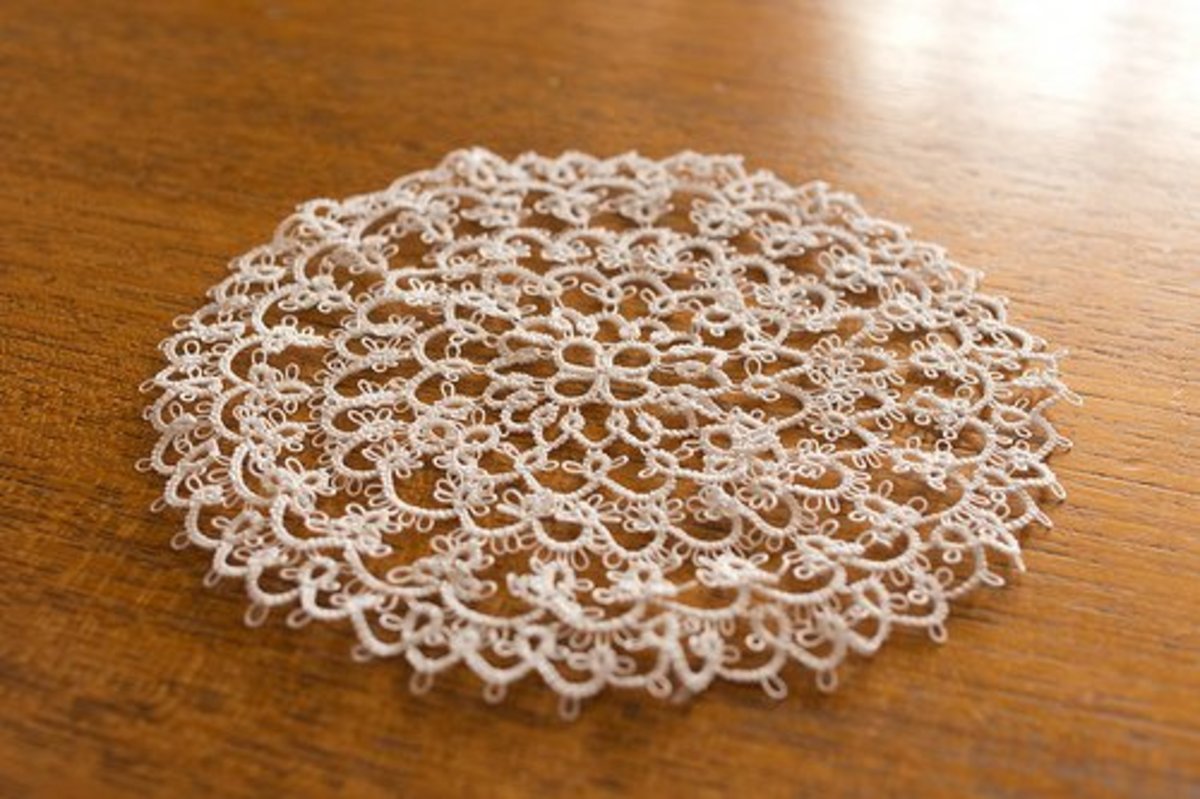Why You Should Choose Biological Washing Powder
Today, the market of washing supplies offers a huge variety of detergents, soaps, washing liquids and powders. Among those you can often encounter biological washing powder. So what can biological detergents offer and how can you benefit from them?

Stains and Enzymes
To begin with, any washing powder must be chosen by the type of stains. Stains can be divided into three groups.
The first group includes all sorts of dirtying that come from the body: sweat, bacteria, skin particles, blood. This makes a tissue oily and it starts absorbing dust particles and soot.
The second group embraces food staining like fat and oil stains, tea, coffee, fruit and protein stains from milk and ice cream. Some of them are quite visible, while others only have a slight yellowish tint, but with time they attract and absorb more dust and outstand on the tissue surface.
The third group comprises dust particles that come from the air. These also include soot, air pollution from car engines, plant pollen and particles of chemical products that are used in everyday life.
The third group stains can be easily washed off with the help of usual washing powder. When it comes to the first and the second groups, it is recommended to use biological washing powder or detergent which have enzymes.
What are enzymes? These are organic substances that have proteins, synthesizing inside cells and speeding up all the reactions. In nature they are called catalysts. They are accelerating agents, ferments.
Enzyme is a Greek word consisting of two parts: "en" which means inside and "zyme" which means "ferment". Enzymes are the base of any biological washing powder.
Biological Washing Powder and Washing Temperatures
The idea that the hotter the water, the better stains are removed, is an old one. True, some fat stains can be removed only when you wash with water at 90 degrees centigrade and higher.
Speaking of protein stains, they only get worse in higher temperatures. In fact, proteins coagulate and the stain becomes unremovable. In this situation a biological detergent can save you. Even the most unremovable stains become washable with its help at 35-40 degrees centigrade.

Washing in Two Stages
When you wash with bigological washing powder, it is better to divide the washing process into two stages:
1. Soaking. During this stage enzymes work on stains. The washing temperature must not go higher than 42 degrees centigrade. Otherwise enzymes will die.
2. Washing. During washing stage other components will work. They will remove fat and oil stains.
Many modern washing machines have a special bio program, and it's just right for this type of detergent.

Bio Detergent Opinion Poll
Do you use biological washing powder at home?
How Bio Detergents Work
Any biological washing powder is capable of removing any general kind of stains. Here is what a biological detergent does:
- It removes any kind of protein stains like blood, eggs, grass, starch-containing products like potatoes, chocolate, baby food. Dry starch is like glue and is difficult to remove by other types of washing powder.
- It can remove oil and fat stains.
- It vivifies colours, removes particles of dirt, preserves the original whiteness of the tissue, has a softening effect.
Bio Detergent or a Cheaper Washing Powder?
If you have to choose between a biological detergent and a usual but cheaper washing powder, go for the first one.
Biological washing powders are generally more effective and they cope with the majority of stains, including protein stains which are so difficult to remove.
How would you rate this washing powder?
Bio Detergent Quiz
view quiz statistics© 2014 Anna Sidorova

